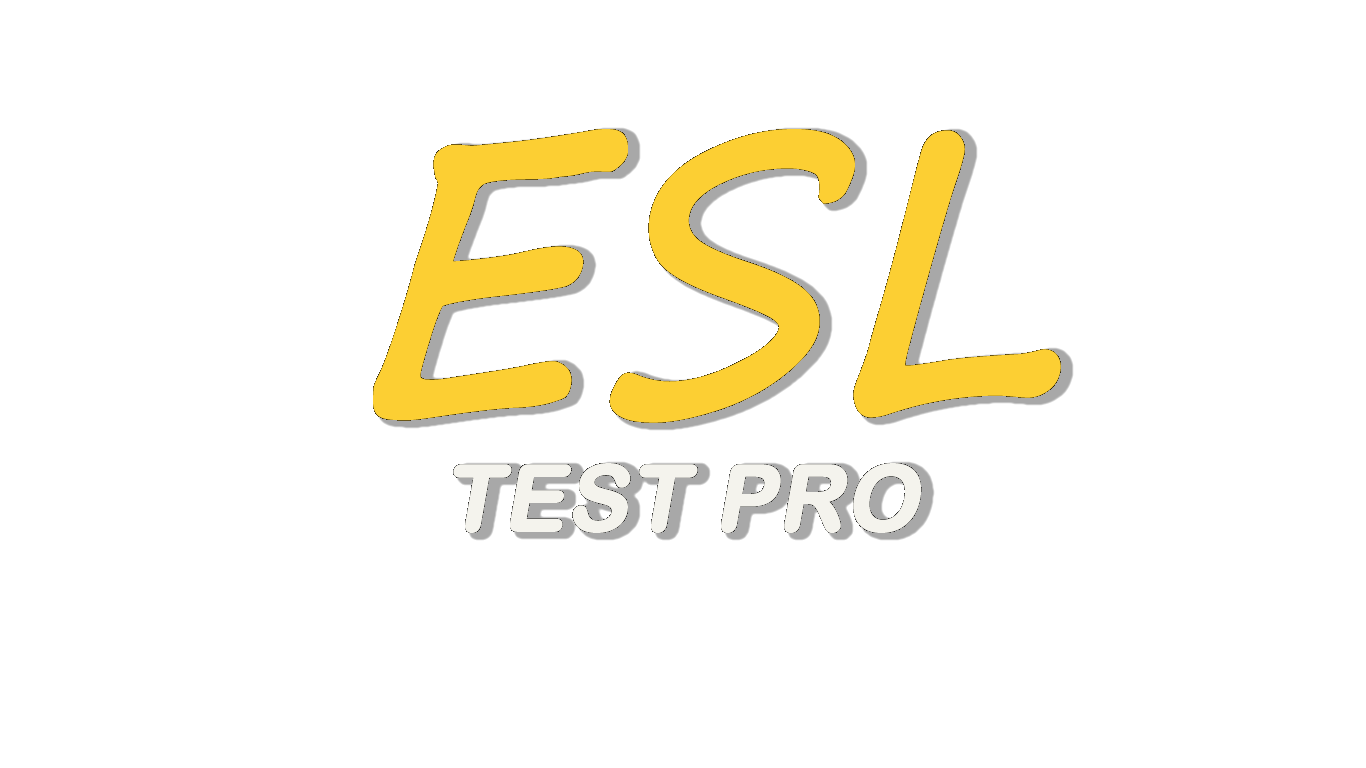What is Grammar?
Grammar is the system of a language. People sometimes describe grammar as the “rules” of a language, but in fact, no language has rules*. If we use the word “rules”, we suggest that somebody created the rules first and then spoke the language, like a new game. But languages did not start like that. Languages started by people making sounds which evolved into words, phrases and sentences. No commonly-spoken language is fixed. All languages change over time. What we call “grammar” is simply a reflection of a language at a particular time.
Do we need to study grammar to learn a language? The short answer is “no”. Very many people in the world speak their own, native language without having studied its grammar. Children start to speak before they even know the word “grammar”. But if you are serious about learning a foreign language, the long answer is “yes, grammar can help you to learn a language more quickly and more efficiently.” It’s important to think of grammar as something that can help you, as a friend. When you understand the grammar (or system) of a language, you can understand many things yourself, without having to ask a teacher or look in a book.
So think of grammar as something good, something positive, something that you can use to find your ways – like a signpost or a map.
*Except invented languages like Esperanto. And if Esperanto were widely spoken, its rules would soon be very different.
Do you need to learn new words to understand and express yourself clearly in English?
In this section, you will find activities to help you learn the meaning, pronunciation and spelling of new words. Learning vocabulary will help you improve your language level and communicate in English confidently and effectively. The pages are organized by topic and include interactive exercises to help you learn and remember the new words.
Learning English Grammar
The great thing about learning English grammar is that you don’t have to start with the most complex rules (in fact, you shouldn’t). After all, you’ll need to learn to walk before you can run!
So, let’s look at some basic grammar rules to get you started on your language-learning journey:
Step 1: Learn the Parts of Speech
The parts of speech are the different categories of English words. Every English word fits into a category, and the parts of speech help English speakers understand how each word can be used.
There are 8 basic parts of speech that you will need to know:
- Noun – A noun is a person, place, thing, group, idea, concept, etc….. (Ex: dog, man, Japan, house, anger, democracy)
- Pronoun – A pronoun is a word that can be used in place of a noun, to refer to it (Ex: I, you, he, she, it, we, they).
- Verb – A verb is a word used to describe an action (run, jump, eat), or a state of being (is, appears, thinks), etc….
- Adjective – An adjective is a word that describes or modifies a noun or pronoun. (Ex: strong, fast, intelligent, nice)
- Adverb – An adverb is a word that describes or modifies a verb or adjective. (Ex: slowly, exceptionally, sadly)
- Preposition – A preposition is a word that expresses the relation between two things in a sentence. (Ex: behind the door, at noon, with the man)
- Conjunction – A conjunction is a word used to connect two related parts of a sentence. These parts can be clauses (I want to play baseball, but it is raining), or smaller parts of speech such as adjectives, adverbs, nouns, verbs, etc… (fancy and expensive, silently but powerfully, kicking and screaming).
- Interjection – An interjection is a word or phrase that expresses meaning without the need for a complete sentence. (Ex: wow, oh, ouch)
Step 2: Learn New Vocabulary
Once you understand the eight basic parts of speech, you can begin to expand your vocabulary. This is one of the most important steps toward learning English grammar. Before you break out your English dictionary, you will need to understand the parts of speech.
Below, you will find examples of some common words in the English language, divided into their respective parts of speech:
Nouns
Nouns can also be subdivided into two distinct groups: proper nouns and common nouns. Generally, proper nouns are capitalized and common nouns are not. A proper noun is the name of a specific group, person, place, thing, or idea (United Nations, Australia, Brad Pitt, The Declaration of Independence). Alternatively, a common noun refers to less specific things (animal, table, city, meeting, man).
- Person – Barack Obama, woman, boy
- Place – Japan, school, kitchen
- Thing – Dog, bridge, desk
- Group – Family, team, government
- Idea – Courage, anger, feeling
Pronouns
Though there are many different types of pronouns, there are a few types that are very important for English beginners: Personal, Demonstrative, and Possessive Pronouns. Here are a few examples of each:
- Personal Pronoun – A word that represents a person, group, or thing(s).
- I, You, He, She, We, They, It
- Demonstrative Pronoun – A word that points to specific things regarding their quantity and proximity to the speaker.
- This, That, These, Those
- Possessive Pronoun/Possessive Adjective – A word that shows ownership of a thing.
- My, Mine, Your, Yours, His, Her, Hers, Our, Ours, Their, Theirs, Its
Course Features
- Lectures


